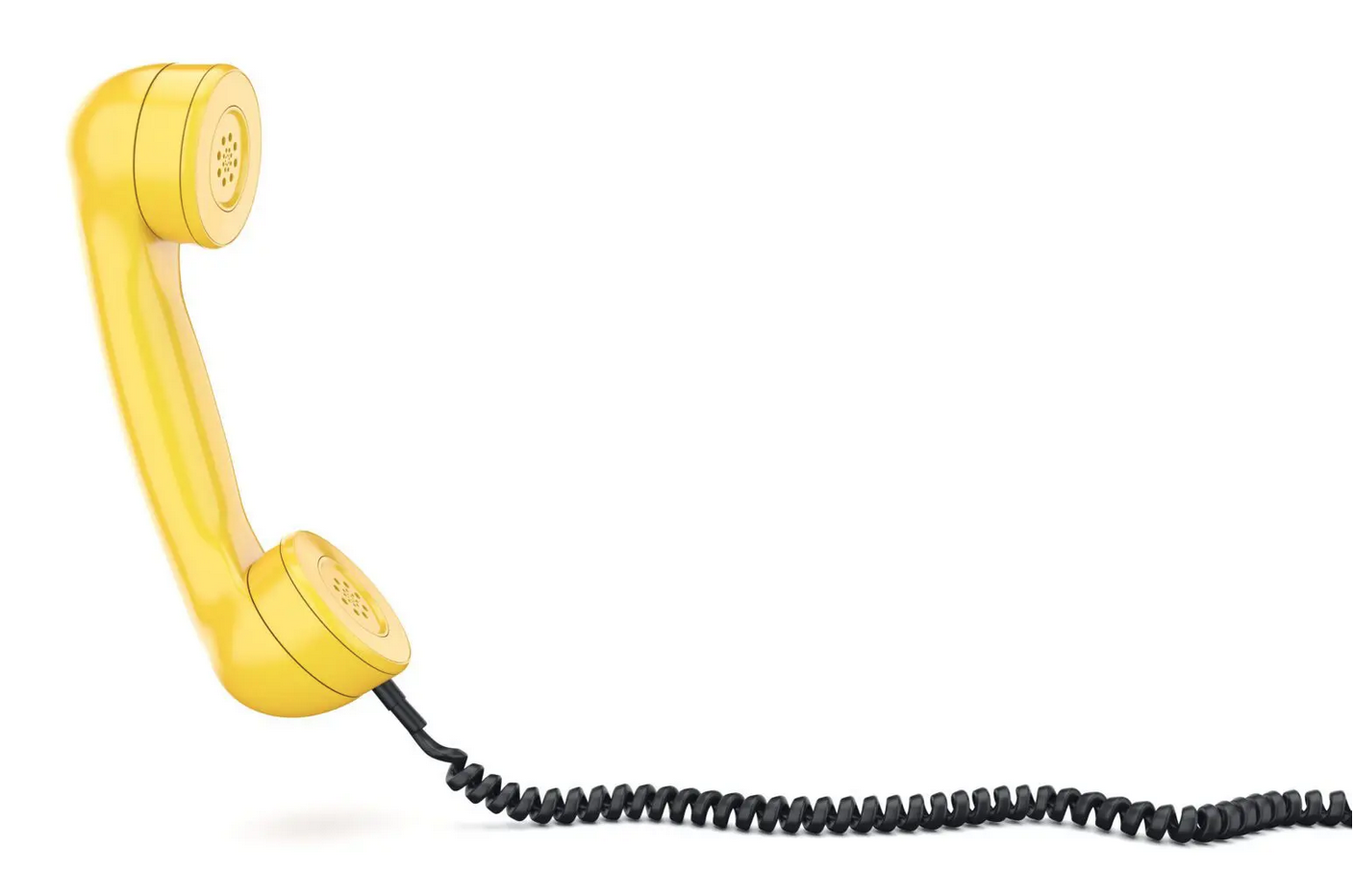By Leslie Clark, PRCC Executive Director
In 1935 Bill Wilson walked through the lobby of the Mayflower Hotel in Akron. He passed the bar and looked for a phone booth, desperately seeking someone to talk with who would understand his craving. He was put in touch with Dr. Robert H. Smith and the rest is history. Their 15 minute conversation turned in to five hours of talking and Alcoholics Anonymous was born.
Reaching out on the telephone is deep in the roots of the recovery community.
Today there are many pathways of recovery, but picking up a phone and connecting as one person in recovery with another person in recovery is as much a part of our relationships as it was in the days before the internet existed and nobody could have foreseen Zoom.
Connecting by telephone is both unorganized (how many of us have a list of numbers in our phone and know that we could call any of them at any time of day or night?) and organized through Telephone Recovery Support programs at all of Maine’s recovery community centers.
Telephone Recovery Support is a free peer-to-peer service where volunteers offer weekly phone calls to people in recovery to check in and see how things are going. Like all peer recovery, the calls help both the person receiving them and the person making them.
Like the early days of recovery, the telephone has once again become one of the most important tools in recovery during Covid. As we find ourselves stuck at home we’ve relied on our phones to share one-to-one and have conversations with other people in recovery. None of us have to recover alone. None of us can recover alone.
In the past year Maine’s recovery community centers’ volunteers have made over 18,000 calls to hundreds and hundreds of people. If you’re interested in signing up to receive Telephone Recovery Support calls, or to become a volunteer and make calls, contact your local recovery community center or the recovery hub at Portland Recovery Community Center.
Originally published in Journey Magazine. Reprinted with permission.

